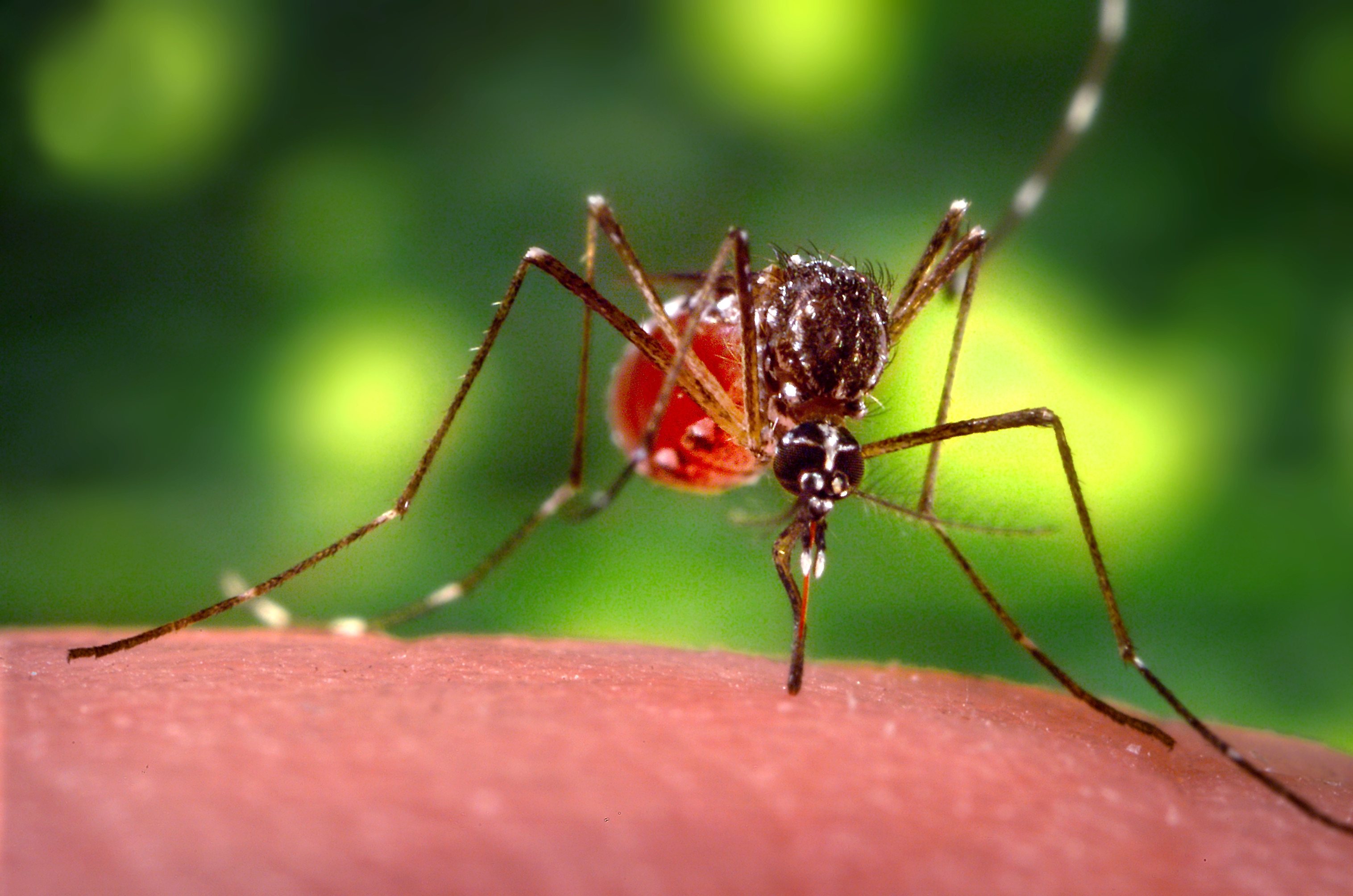Zika Outbreak Could Be Over in 3 Years, Study Predicts

Get the world’s most fascinating discoveries delivered straight to your inbox.
You are now subscribed
Your newsletter sign-up was successful
Want to add more newsletters?

Delivered Daily
Daily Newsletter
Sign up for the latest discoveries, groundbreaking research and fascinating breakthroughs that impact you and the wider world direct to your inbox.

Once a week
Life's Little Mysteries
Feed your curiosity with an exclusive mystery every week, solved with science and delivered direct to your inbox before it's seen anywhere else.

Once a week
How It Works
Sign up to our free science & technology newsletter for your weekly fix of fascinating articles, quick quizzes, amazing images, and more

Delivered daily
Space.com Newsletter
Breaking space news, the latest updates on rocket launches, skywatching events and more!

Once a month
Watch This Space
Sign up to our monthly entertainment newsletter to keep up with all our coverage of the latest sci-fi and space movies, tv shows, games and books.

Once a week
Night Sky This Week
Discover this week's must-see night sky events, moon phases, and stunning astrophotos. Sign up for our skywatching newsletter and explore the universe with us!
Join the club
Get full access to premium articles, exclusive features and a growing list of member rewards.
The current Zika outbreak taking place in much of South and Central America will be largely over in three years' time, a new study predicts.
That's because once someone is infected with Zika, the individual appears to become immune to the virus, meaning he or she can't get sick a second time. This leaves fewer and fewer people at risk for infection over time, the researchers said.
"The current explosive epidemic will burn itself out due to a phenomenon called herd immunity," Neil Ferguson, a professor of mathematical biology at Imperial College London's School of Public Health, said in a statement. Herd immunity means that enough people in a population are immune to the virus that outbreaks are unlikely; this protects even people who are not immune.
"Because the virus is unable to infect the same person twice — thanks to the immune system generating antibodies to kill it — the epidemic reaches a stage where there are too few people left to infect for transmission to be sustained," Ferguson said.
In the study, the researchers used information about Zika virus transmission in Latin America, as well as data on similar viruses such as dengue, to develop a mathematical model to predict the current and future spread of the virus.
After the current outbreak in Latin America is over, the next large Zika outbreak there won't occur for another 10 years, the researchers predicted. By then, herd immunity will have declined, and the population will become vulnerable to the virus again, the researchers said. There could be smaller outbreaks in the meantime, however, the scientists noted. [Zika Virus News: Complete Coverage of the 2016 Outbreak]
Efforts to control the current outbreak by targeting the mosquitoes that carry the virus are unlikely to stop the spread of the virus, the researchers said. Such efforts should have been implemented much earlier to have a major effect, the investigators said.
Get the world’s most fascinating discoveries delivered straight to your inbox.
Still, the researchers noted that factors such as climate change and alterations in people's behavior could affect the spread of the virus and, in turn, change the time line the scientists have predicted.
In order to make better predictions about Zika, researchers need more information about the virus, including why it affected Latin America to such a great extent and whether infections with other viruses (like dengue) could make people particularly susceptible to Zika, the researchers said.
The study is published in the July 15 issue of the journal Science.
Original article on Live Science.

Rachael is a Live Science contributor, and was a former channel editor and senior writer for Live Science between 2010 and 2022. She has a master's degree in journalism from New York University's Science, Health and Environmental Reporting Program. She also holds a B.S. in molecular biology and an M.S. in biology from the University of California, San Diego. Her work has appeared in Scienceline, The Washington Post and Scientific American.
 Live Science Plus
Live Science Plus










